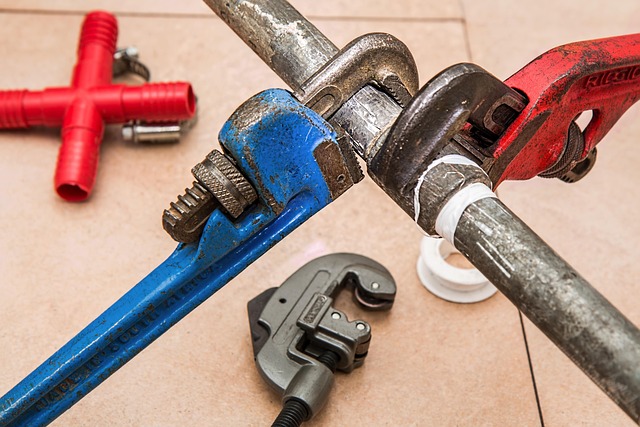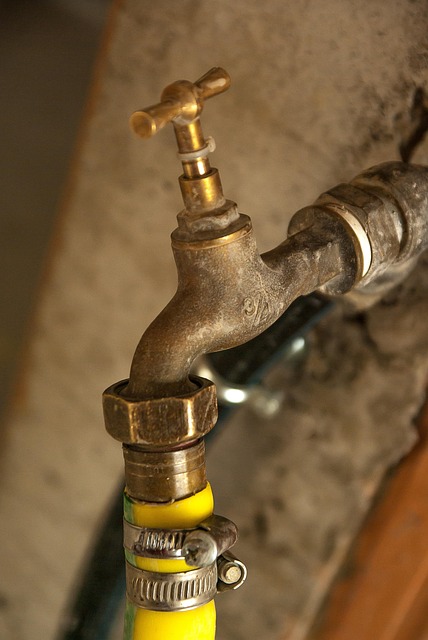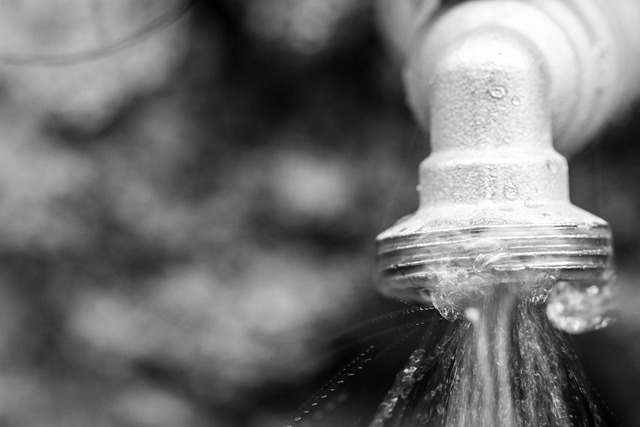Understanding common plumbing issues like leaks, blocked drains, and water heater malfunctions is vital before contacting emergency plumbing services. Take proactive measures such as assessing your home, checking for leaks, and ensuring access to shut-off valves. Prepare essential tools and clear paths for the plumber to streamline resolution and minimize damage. During an emergency, quickly identify the issue and contact reliable 24/7 services, providing detailed information about sounds or damage. Be patient as plumbers work efficiently to resolve complex issues.
In the face of unexpected plumbing disasters, being prepared can save time and stress. This guide equips you with the knowledge to handle emergency plumbing situations effectively. From understanding common issues like burst pipes, clogs, or water leaks to taking proactive measures before a plumber arrives, you’ll learn essential steps to mitigate damage and ensure a smooth service call. By following these tips on what to do before, during, and after, you can minimize disruptions and restore your home’s plumbing harmony with ease.
- Understanding Common Emergency Plumbing Issues
- Preparing Your Home Before the Plumber's Arrival
- What to Do and Expect During an Emergency Plumbing Service Call
Understanding Common Emergency Plumbing Issues

Understanding common emergency plumbing issues is key before awaiting emergency plumbing services. Leaks, for instance, can range from small drips to gushing torrents and often signal problems with pipes, fixtures, or appliances. Blocked drains are another frequent issue, caused by everything from grease buildup to foreign objects, leading to slow drainage or complete clogs.
Water heater malfunctions top the list of common emergencies, resulting in either no hot water or water that’s only lukewarm. These issues can be due to depleted energy sources, faulty heating elements, or sediment buildup. Recognizing these typical problems equips you to act swiftly and effectively when professional emergency plumbing services are needed.
Preparing Your Home Before the Plumber's Arrival

Before the plumber arrives, taking some proactive steps can significantly aid in managing an emergency plumbing situation effectively. Begin by assessing your home for any visible issues or potential hazards. Check for leaks around fixtures and appliances, and ensure all shut-off valves are easily accessible. Prepare by gathering essential tools like pliers, wrenches, and a bucket to catch any water leakage during the inspection.
Create a clear path for the plumber to access problem areas easily. Remove any obstacles in their way, ensuring they have ample space to work efficiently. This preparation ensures a smoother process when dealing with emergency plumbing services, allowing for quicker resolution and minimizing potential damage.
What to Do and Expect During an Emergency Plumbing Service Call

When you’re faced with an emergency plumbing situation, knowing what to do and expect can help reduce stress and ensure a smoother process. The first step is to assess the issue at hand—is it a burst pipe, a clogged drain, or a faulty water heater? Understanding the problem will give you a clearer idea of the required emergency plumbing services. Once you’ve identified the emergency, reach out to a reliable plumber; many offer 24/7 services for just such occasions.
During your call, be prepared to provide detailed information about the issue, including any unusual sounds or visible damage. The plumber will likely ask questions to better understand the situation and then explain the steps they’ll take to resolve it. They may also discuss potential solutions and costs upfront, so you’re aware of what to expect next. Keep in mind that different emergencies have varying levels of complexity, so be patient as your plumber works to fix the problem efficiently.
Before the arrival of an emergency plumber, being prepared can significantly reduce stress and potential damage. Understanding common issues and keeping your home ready for their visit are key steps in efficient problem-solving. During the service call, clear communication and adherence to professionals’ instructions ensure swift resolution. With these measures, you’re well-equipped to handle unexpected plumbing challenges, making emergency services more effective and less disruptive.
